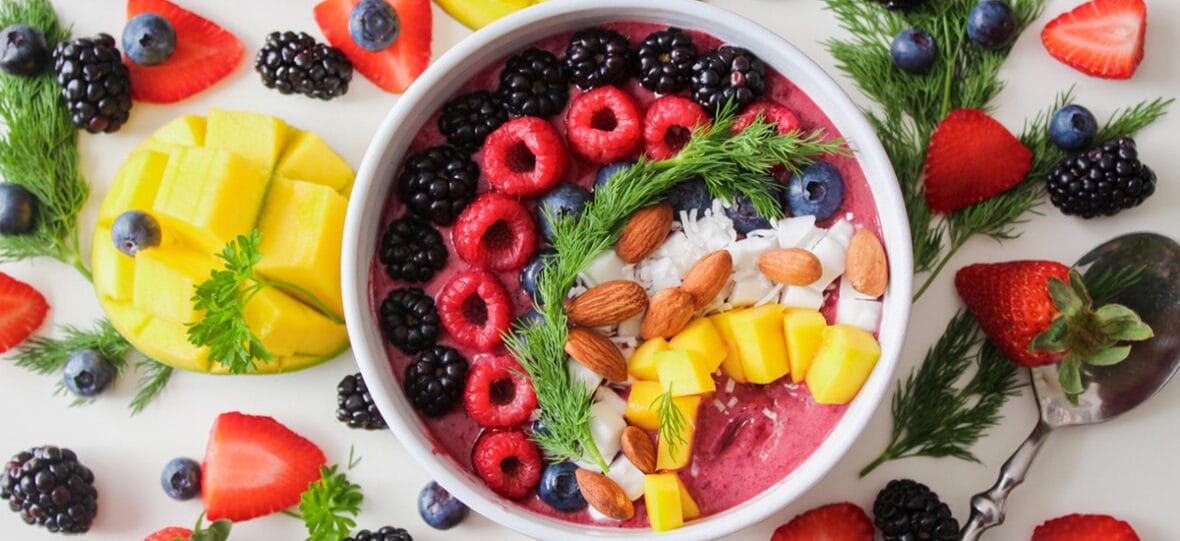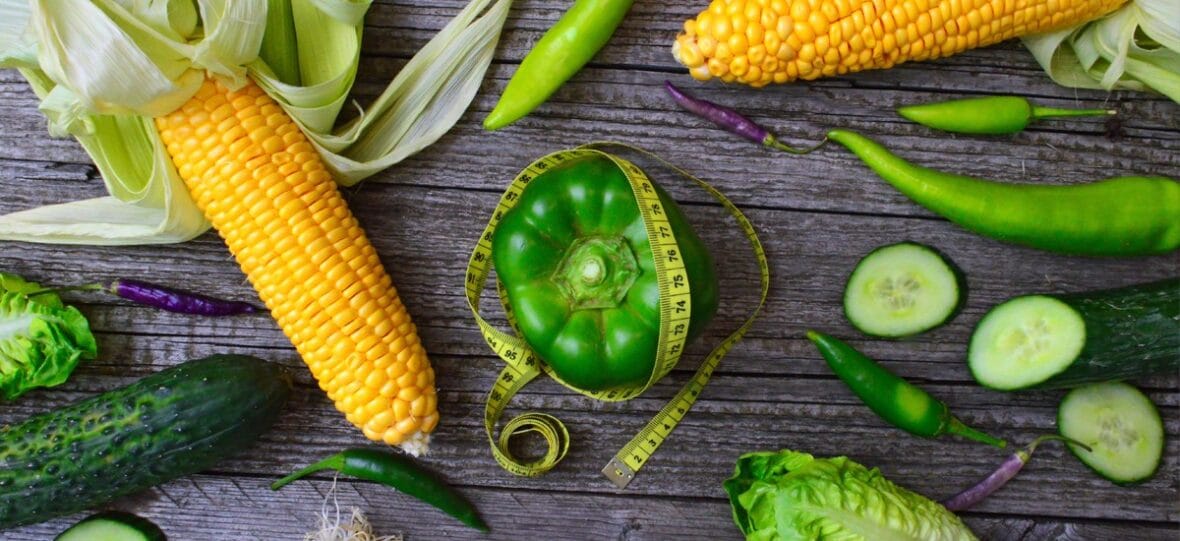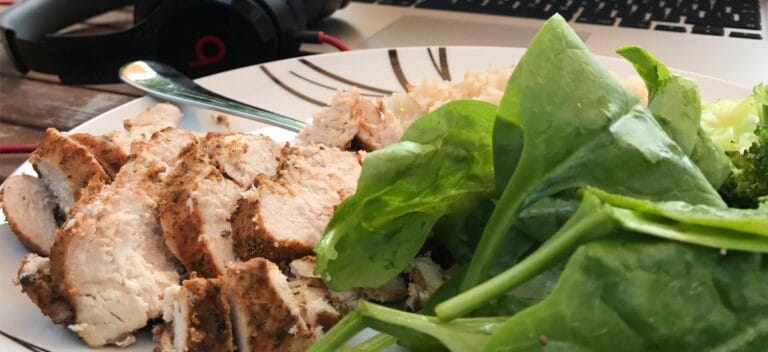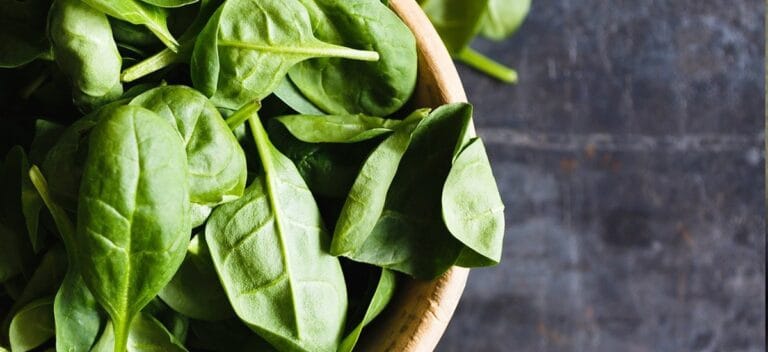For many people, diet is the main culprit in not being able to lose weight. Nutrition is the most important factor when it comes to weight loss and you’ve probably heard the phrase “you are what you eat” a few times. Having a balanced diet is one of the best things you can do for your body as it comes with many health benefits like maintaining a healthy weight.
To be successful you must first have a plan which is consistent and uses effective weight loss methods. In this guide, we look at some of our personal favourite methods which we recommend our readers start with.
Topics covered in this guide:
- Make a plan
- Weight Loss Methods
Make a plan
The key thing to bear in mind when starting out is to make sure your plan suits your individual needs. Sure there are lots of great plans out there but not everyone gets the same results from the same plan. You have to consider the key aspects of your life and set realistic goals in order to be successful.
1. Evaluate your diet
Do you know which foods your diet should consist of to lose weight? If you do, do you tend to let your cravings get the better of you? Perhaps you don’t have the time to cook healthy meals because of work, kids or personal commitments?
There can be many reasons why people choose not to focus on nutrition but with a bit of dedication, this can all change. You have to be honest with yourself first by evaluating your current diet and actively looking at what needs changing.
2. Increase your knowledge
Usually, a lack of knowledge can contribute to an unhealthy diet. You may not know what the nutritional benefits are of certain foods. For example, did you know that whole grain rice contains more vitamins and fibre than white rice, which means you feel fuller from eating less?
If you feel this applies to you, our Weight Loss Foods guide contains useful information around the types of foods which can help you lose weight. By educating yourself, you will be able to pick and choose the right foods which will aid your weight loss goal.
3. Think about your current daily challenges
Assess your daily routine and try to highlight the main areas which you think are causing issues in your nutrition. It could be one of the following, for example: not eating enough, not eating proper meals, rushing to get to work and missing breakfast, eating unhealthy snacks, not drinking enough water or ordering food every day after work rather than cooking.
The key here is to look at these issues and tackle them one by one. You don’t have to do this all in one go as it can be difficult that way, so choose a couple at a time and ease into it.

Weight Loss Methods
To aid you with your weight loss plan we will now cover some best practice methods.
1. Calculate your macronutrients
Calculating your macronutrients is a simple process whereby you count your calorie intake, specifically through the consumption of protein, fats and carbohydrates. Using a macronutrients calculator will show you your recommended calorie intake for the day, including a breakdown of how many grams you need to consume from each of the three aforementioned sources. This will help you understand how to be in a calorie deficit, which is how you lose weight.
This is an example of what you will need to provide when using a macronutrients calculator:
- Details including age, height and weight
- Current activity levels
- The goal you would like to achieve (in this case weight loss)
Based on this information the calculator will provide you with the recommended calorie intake.
2. Fine-tune your diet
Fine-tuning your diet can take some discipline at first but it’s a vital process in managing a healthy weight. The focus here is to cut out any foods and drinks which are not good for you. This can include:
- Processed foods with preservatives
- Foods high in saturated fats
- Foods high in sugar
- Fried foods
- Heavy alcohol consumption
Simple changes to your diet can make all the difference. You need to think about each meal choice and have a plan which is balanced. You don’t have to cut out the above food types altogether, but rather include them in a balanced diet to limit the damage on your long term health.
3. Drink plenty of water
Drinking enough water every day is an absolute must as it helps the body to function properly. A lack of water can cause dehydration and lead to negative health effects, including weight gain. Drinking water regularly and before your meals can help to control hunger pangs, which can prevent you from overeating. The key here is to find the right balance as drinking too much water can overload your kidneys (not to mention you’ll need to visit the loo more than you might like).
You can buy bottles online that have labelled measurements, based upon the time, to help you stay on top of your water consumption. This means when you reach a certain time (let’s say 2 pm) you can see if you’ve had the recommended amount of water. It’s a fun way to do something healthy and that’s exactly what being healthy is all about.

4. Eat healthy snacks
Another easy mistake to make involves bad snacking choices. When we think of snacks the usual go-to includes bars, crisps, fruits etc. Now, snacking is very important but if you don’t focus on what you eat it can be a direct contribution to your weight gain.
If you have a balanced diet then there’s no harm in rewarding yourself with treats from time to time. However, in order to lose weight you want to be in a calorie deficit, so you should check to make sure you’re not surpassing your target calorie intake, otherwise you will struggle to see results.
5. Limit your carbohydrate and sugar intake
High volumes of sugar can negatively impact your blood sugar levels, hormones and eating habits, all of which can contribute to weight gain. This doesn’t mean you should cut out sugar from your diet completely but instead you should limit your intake.
Carbohydrates are extremely important for maintaining a healthy diet and weight. What causes weight gain here is eating too many refined carbs. Refined carbs refer to foods such as white rice, bread and pasta which consist mostly of sugar and processed grains.
You should try to eat more complex carbs such as brown rice and oats, as they contain more nutrients and fibre. These take longer for your body to break down, meaning you feel fuller for longer (helping avoid cravings). But remember, all of this is irrelevant if you are still eating excess calories, and it’s easy to do this through carbohydrates, so make sure to check how many calories are in each serving.




